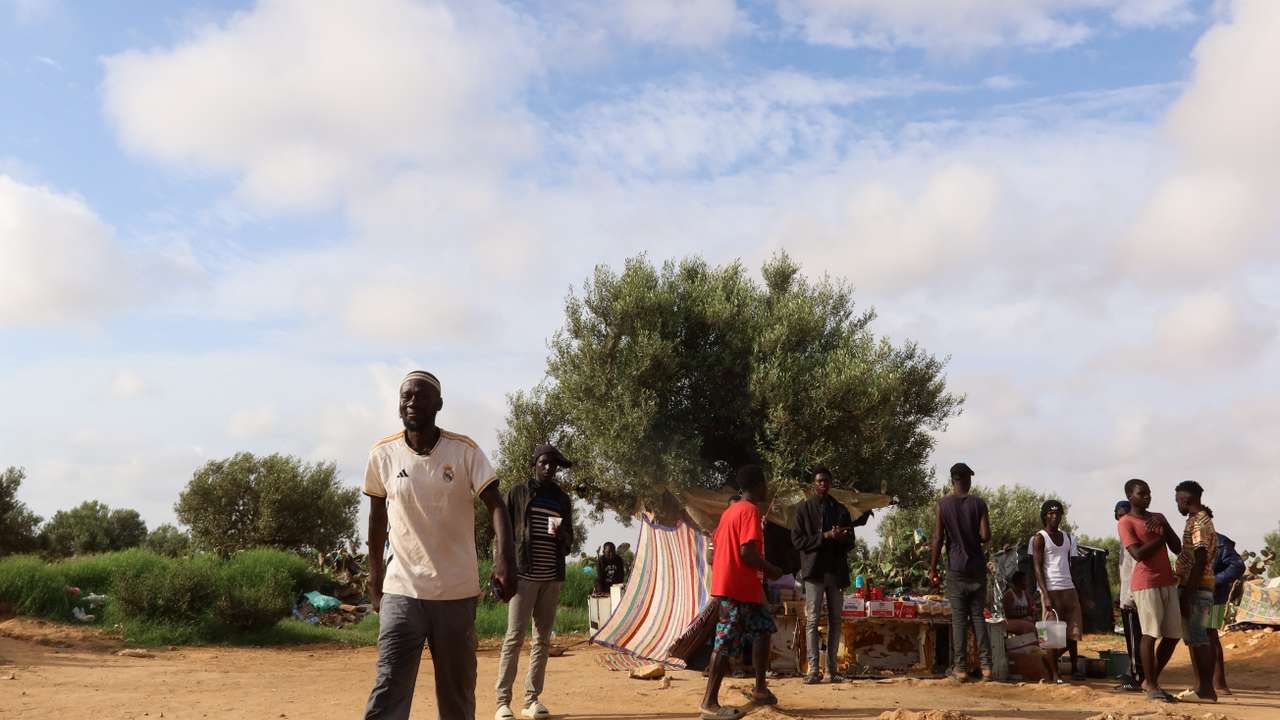Tunisia Roundup: Foreign visits, unemployment, imprisonment, bilateral relations

Foreign visits
The Italian Minister of Labour and Social Policies, Marina Elvira Calderone, is scheduled to visit Tunis on November 4, 2024. This visit aims to enhance cooperation between Italy and Tunisia, focusing on the development of regular migratory routes, Nova News reports. This will benefit both the countries and migrant workers through the enhancement of their professional skillsets.
Saudi-Arabia-Tunisia relations
Saudi Arabia is poised to strengthen industrial cooperation with Tunisia through various joint ventures, as revealed by the Deputy Minister of Industry, Khalil bin Salamah. The emphasis will be on harmonising industrial policies rather than confining efforts to specific product manufacturing. This approach intends to establish a collaborative platform that spans multiple industries, including pharmaceuticals and automotive sectors, with potential expansions into phosphates and energy. Tunisia's Minister of Industry, Fatma Thabet Chiboub, underscored the nation’s distinctive mining resources and proficient workforce as attractive incentives for Saudi investment, particularly in the automotive components and pharmaceutical domains. Both parties stressed the necessity for deeper regional integration among Arab nations to fully exploit investment and cooperative prospects, the African Manager reports.
Trade and economic interconnections
Tunisia is making strides towards becoming a major trade hub in Africa, with ambitions to establish a trans-Saharan trade corridor that connects North Africa with sub-Saharan markets. During the "Regional Export Mornings" forum, Tunisia’s Minister for Trade introduced initiatives aimed at creating a "Libya-Tunisia-Africa" corridor, facilitating connectivity between Tunisia and Libya to landlocked nations such as Chad, Niger, Mali, Burkina Faso, and the Central African Republic. This corridor is conceived to enhance trade and economic interconnections across the continent. Proposed plans involve the modernisation of customs procedures, the enhancement of the Easy Export programme, the revision of foreign trade laws, and the improvement of distribution networks to elevate export levels and attract investment. The Lybian Express reports that this initiative is part of Tunisia's comprehensive strategy to affirm its role as a pivotal player in regional trade.
Unemployment rates
The United Nations "World Social Report 2024" indicates a substantial increase in unemployment rates, with 22 countries registering at least a one percentage point increase from 2018 to 2023. Tunisia, classified as a lower-middle-income country, experienced a 2.3 percentage point rise in unemployment, ranking tenth among these nations. According to the African Manager, this alarming trend is attributed to several factors including the repercussions of the COVID-19 pandemic, ongoing conflicts such as the Ukraine war, and climate-related calamities. Additionally, the report highlights a spike in food insecurity rates, with Tunisia recording alarming figures ranging between 20% and 30%, reflecting an urgent need for interventions.
Imprisonment
Tunisian commentator Sonia Dahmani has been sentenced to two years imprisonment due to her remarks regarding the treatment of sub-Saharan migrants within the country. Her sentencing falls under a contentious anti-fake news law, which critics argue is being exploited by authorities as a tool to quell dissent against President Kais Saied, who has intensified actions against his political adversaries since his assumption of office, ABC News reports.